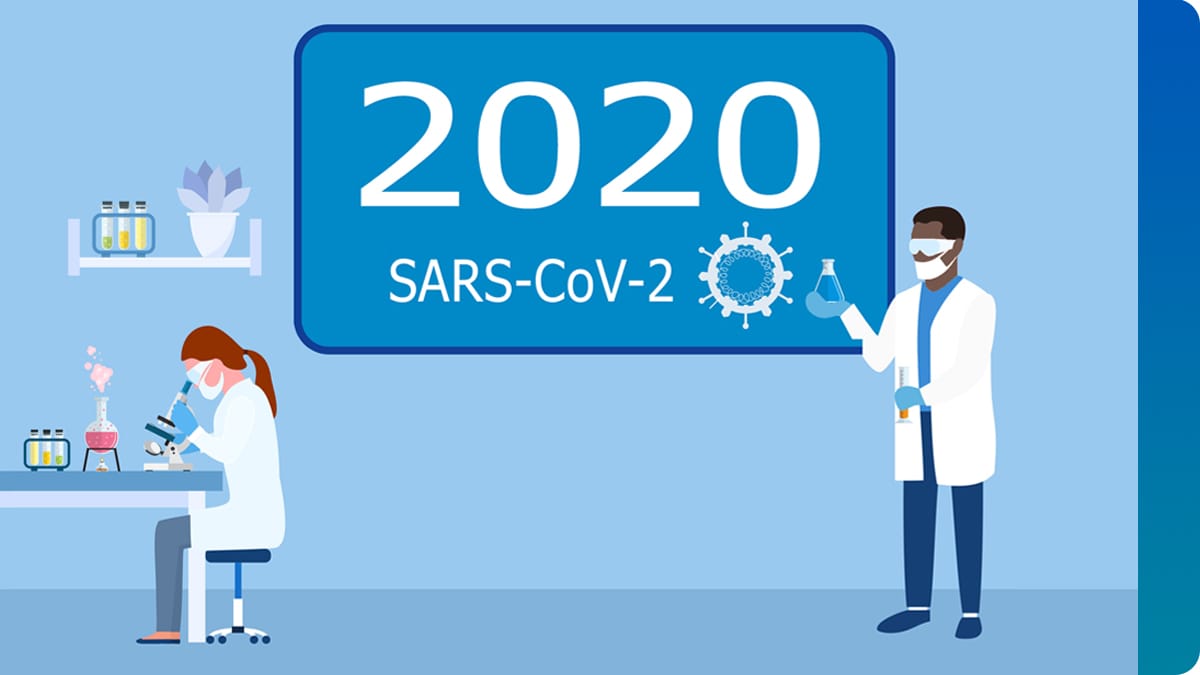What to know
Emory University conducted a study to characterize the diversity and evolution of SARS-CoV-2 strains circulating in Georgia, to better understand population-level changes in the rates of viral spread, and to assess whether there were associations between viral genotype, the viral phenotype in vitro, and clinical phenotype/outcome.

Findings on SARS-CoV-2 surveillance and investigations
This project:
- Developed a molecular assay to detect SARS-CoV-2 spike mutations associated with variants of concern.1
- Determined SARS-CoV-2 had been circulating in the state of Georgia since mid-February 2020, three weeks prior to the state's first detected case. Together with studies from other geographic regions of the United States, the work underscored that there were multiple unidentified introductions of SARS-CoV-2 and that the virus was circulating more than was recognized by early diagnostic strategies which were trained on travelers returning to the US.2
- Sequenced data contributed to an outbreak investigation among hemodialysis patients.3
Findings on SARS-CoV-2 Variant Characteristics
This project:
- Isolated one of the earliest Omicron variant viruses in the U.S., which has now been used in multiple studies to assess neutralizing antibody responses and perform functional studies in vitro and in vivo.4
- Described the emergence of immune escape mutations in immunocompromised patients treated with monoclonal antibodies.5
- Single-Amplicon Multiplex Real-Time Reverse Transcription-PCR with Tiled Probes to Detect SARS-CoV-2 spike Mutations Associated with Variants of Concern, J Clin Microbiol, 2021.
- Unrecognized introductions of SARS-CoV-2 into the state of Georgia shaped the early epidemic, medRxiv, 2021.
- Outbreak of severe acute respiratory coronavirus 2 (SARS-CoV-2) in hospitalized hemodialysis patients: an epidemiologic and genomic investigation, Infect Control Hosp Epidemiol, 2023.
- Rapid detection and characterization of SARS-CoV-2 omicron variant in a returning traveler. Clin Infect Dis, 2022.
- SARS-CoV-2 Evolution and Immune Escape in Immunocompromised Patients. N Engl J Med, 2022.
